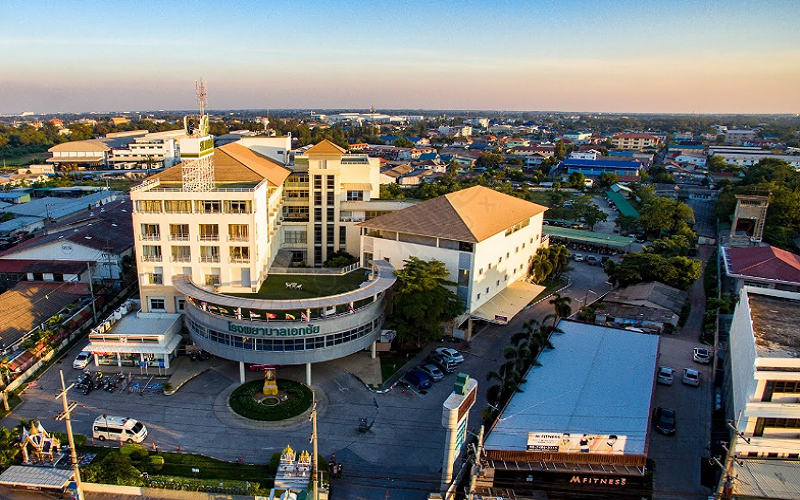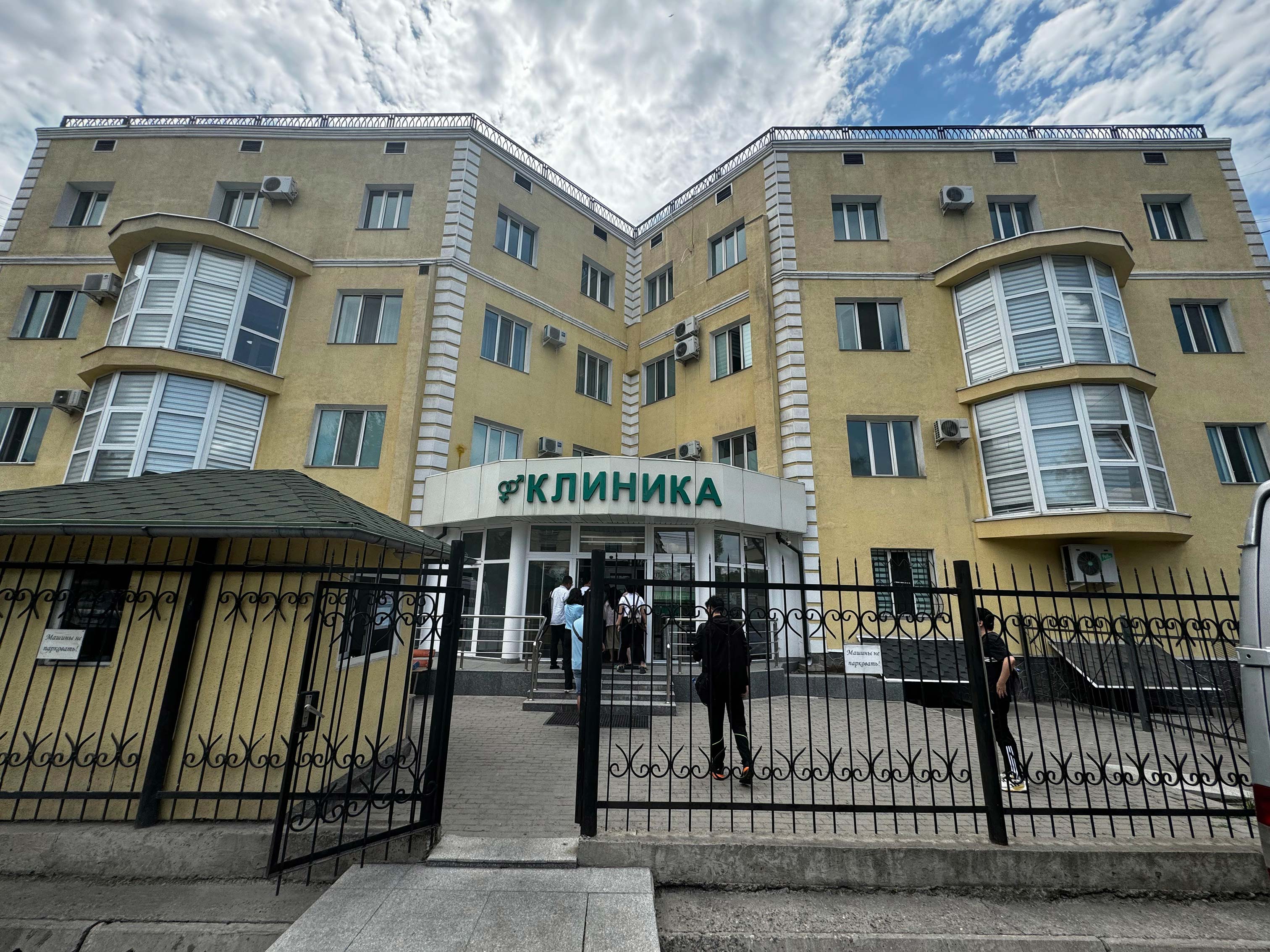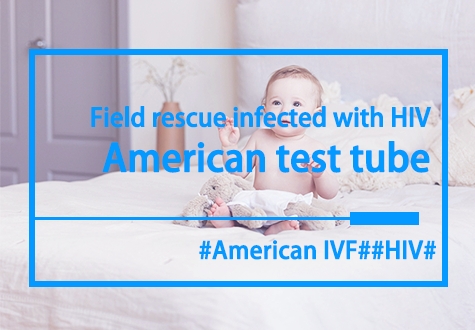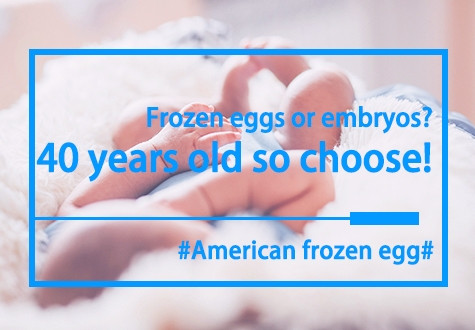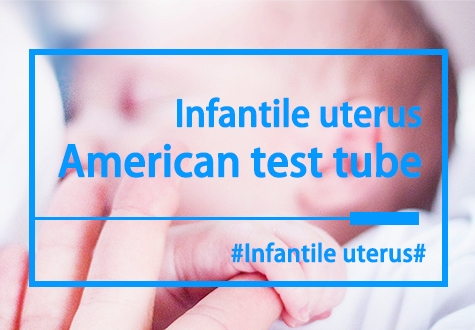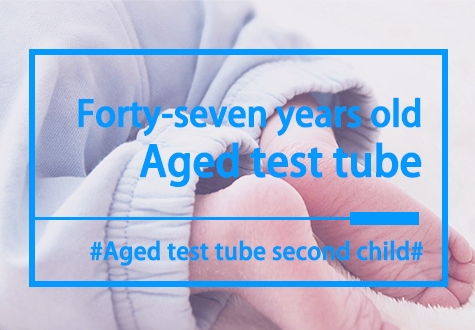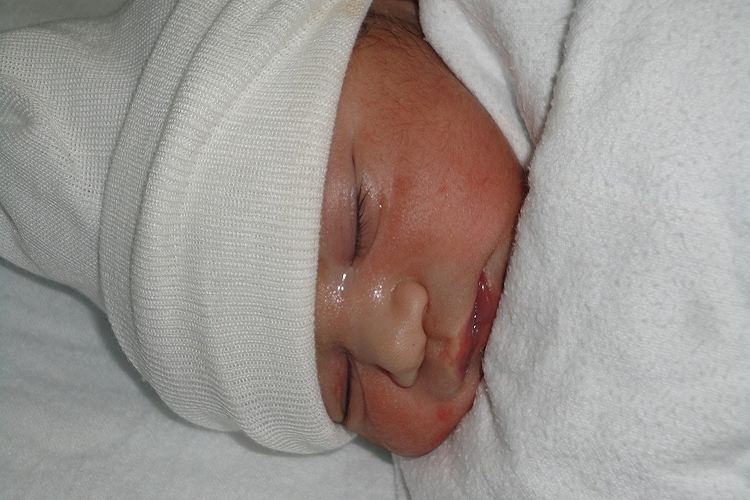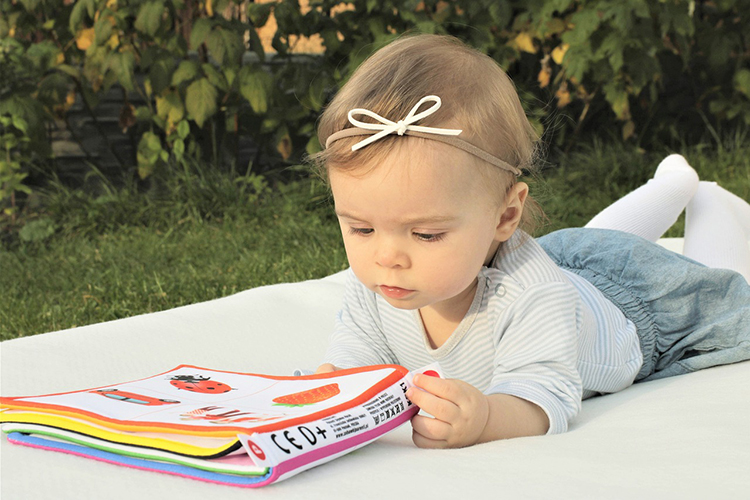Experts interpret delayed fertility and infertility
In recent years, with the change of social pressure and the concept of marriage and love, the average age of first marriage of young people is generally delayed, and the willingness of men and women of appropriate age to have children continues to decline. Sun Yun, deputy director of Renji Hospital affiliated to Shanghai Jiao Tong University School of Medicine and director of the reproductive Medicine center, said in an interview that women in the workplace face many fertility problems.
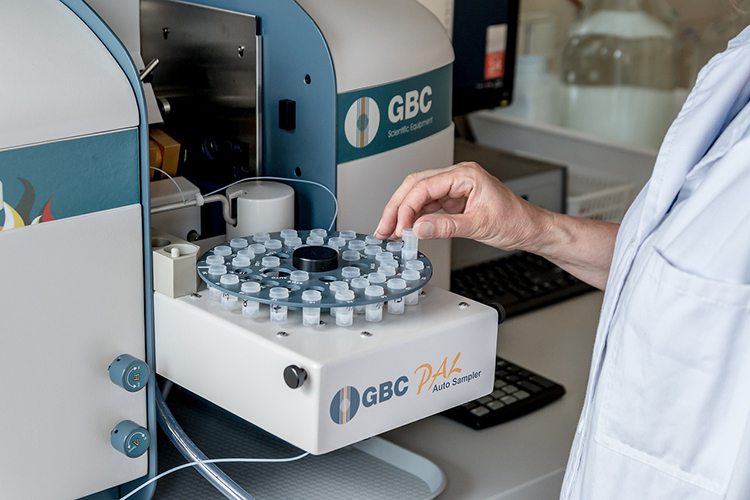
According to Sun Yun, the incidence of infertility in China is as high as 18 percent, and one in six couples who want to have children face infertility problems and need to seek the help of assisted reproductive technology. She believes that "late marriage and late childbirth" is one of the important reasons for the increased incidence of infertility. A woman's fertility declines irreversibly with age, especially after the age of 35.
Choosing between career development and childbearing age is a challenge for many working women. The study showed that having a child can lead to a 6.6% drop in the chance of employment, and childbearing has become a "hidden killer" that hinders women's career development, and this pressure often leads professional women to delay their family plans and miss the best age to have children. "If you choose to have children, you may miss the golden time of career development, which has become an important factor restricting many professional women's willingness and choice to have children," Sun pointed out.
In addition, autoimmune diseases can also lead to decreased fertility and increased miscarriage rates, but this situation is often overlooked. For such patients, Sun Yun urged them to complete their family planning as soon as possible. "Before starting immunosuppressive therapy, women who have not had children can go to a fertility center for fertility evaluation and fertility preservation counseling, and if necessary, fertility preservation before starting treatment," she suggested.
In contrast, delayed childbearing at an age can lead to fertility difficulties, and many women mistakenly see assisted reproductive technology as a "lifesaver." Sun Yun pointed out: "Assisted reproduction assisted pregnancy has a 'golden window period', before the age of 30, the success rate of assisted pregnancy can reach more than 60%-70%. But between the ages of 35 and 40, the success rate is only 15 percent, and even after the age of 43, the success rate of seeking assisted reproductive technology is less than 3 percent."
In addition, a healthy lifestyle is essential for improving fertility. Sun Yun stressed that the right diet, moderate exercise and a healthy mental state can help improve fertility. "Women in the workplace should relax. Long-term stress may cause ovarian dysfunction, which may affect fertility." "She said.
In view of the repeated implantation failure of assisted reproductive technology, Sun proposed various treatment suggestions, including preimplantation genetic diagnosis and screening, hysteroscopic treatment, adjustment of endometrial preparation protocol and endometrial tolerance detection. "Our team's latest study found that using prednisone does not improve repeated implantation failures, but increases the risk of early embryo loss and preterm birth," she said. Therefore, we need to make a personalized treatment plan according to the specific situation of the patient." (Article from network intrusion)

